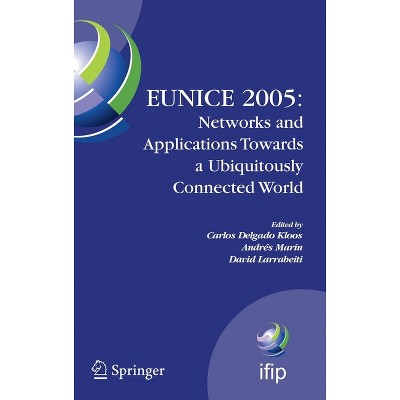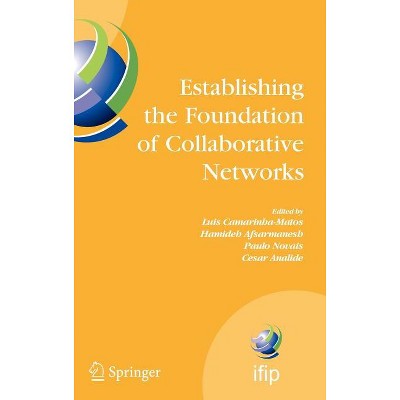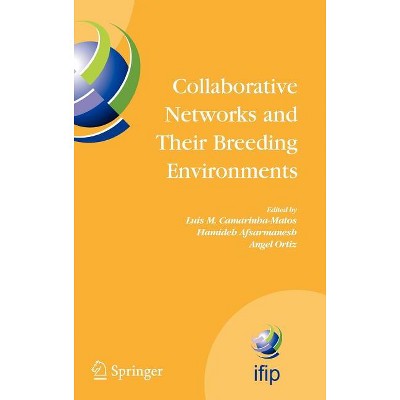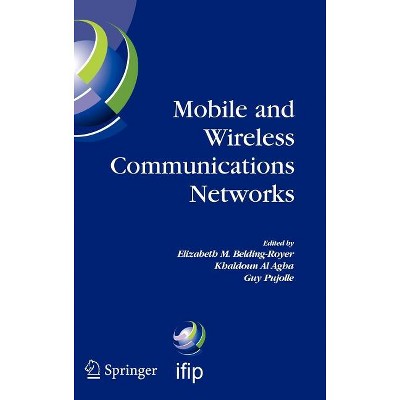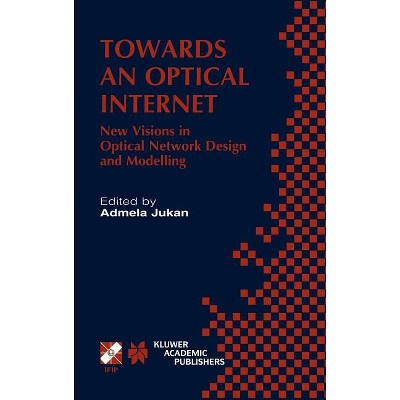Sponsored

Towards Sustainable Society on Ubiquitous Networks - (IFIP Advances in Information and Communication Technology) (Hardcover)
In Stock
Sponsored
About this item
Highlights
- The massive growth of the Internet has made an enormous amount of infor- tion available to us.
- Author(s): Makoto Oya & Ryuya Uda & Chizuko Yasunobu
- 363 Pages
- Computers + Internet, Security
- Series Name: IFIP Advances in Information and Communication Technology
Description
Book Synopsis
The massive growth of the Internet has made an enormous amount of infor- tion available to us. However, it is becoming very difficult for users to acquire an - plicable one. Therefore, some techniques such as information filtering have been - troduced to address this issue. Recommender systems filter information that is useful to a user from a large amount of information. Many e-commerce sites use rec- mender systems to filter specific information that users want out of an overload of - formation [2]. For example, Amazon. com is a good example of the success of - commender systems [1]. Over the past several years, a considerable amount of research has been conducted on recommendation systems. In general, the usefulness of the recommendation is measured based on its accuracy [3]. Although a high - commendation accuracy can indicate a user's favorite items, there is a fault in that - ly similar items will be recommended. Several studies have reported that users might not be satisfied with a recommendation even though it exhibits high recommendation accuracy [4]. For this reason, we consider that a recommendation having only accuracy is - satisfactory. The serendipity of a recommendation is an important element when c- sidering a user's long-term profits. A recommendation that brings serendipity to users would solve the problem of "user weariness" and would lead to exploitation of users' tastes. The viewpoint of the diversity of the recommendation as well as its accuracy should be required for future recommender systems.From the Back Cover
International Federation for Information Processing
The IFIP series publishes state-of-the-art results in the sciences and technologies of information and communication. The scope of the series includes: foundations of computer science; software theory and practice; education; computer applications in technology; communication systems; systems modeling and optimization; information systems; computers and society; computer systems technology; security and protection in information processing systems; artificial intelligence; and human-computer interaction. Proceedings and post-proceedings of refereed international conferences in computer science and interdisciplinary fields are featured. These results often precede journal publication and represent the most current research. The principal aim of the IFIP series is to encourage education and the dissemination and exchange of information about all aspects of computing.
For more information about the 300 other books in the IFIP series, please visit www.springer.com.
For more information about IFIP, please visit www.ifip.org.
Shipping details
Return details
Frequently bought together
Trending Computers & Technology Books












